Resolving environmental issues in coffee production
Perfect Daily Grind
SEPTEMBER 5, 2022
Although it’s estimated that smallholder farmers produce up to 80% of the world’s coffee supply , most of them only grow coffee on 30ha or less – meaning their carbon footprints are minimal compared to larger coffee farms and multinational coffee companies. What about the rest of the supply chain?

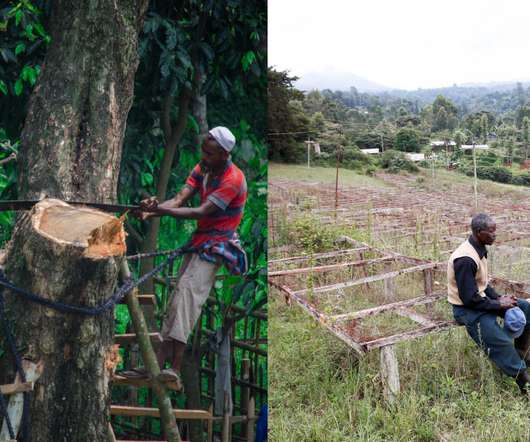

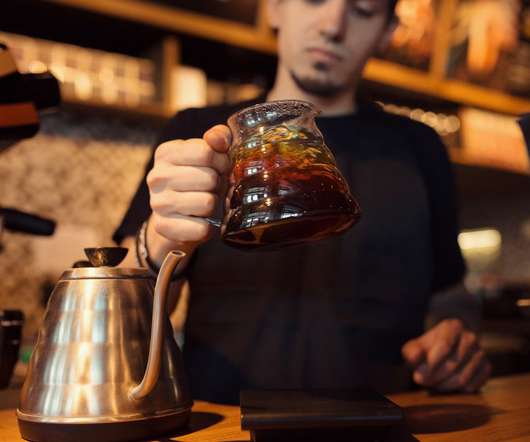


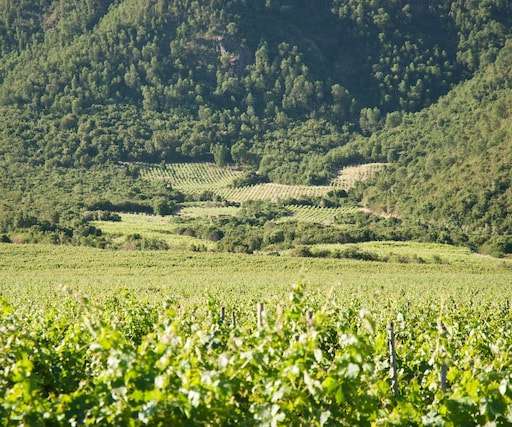
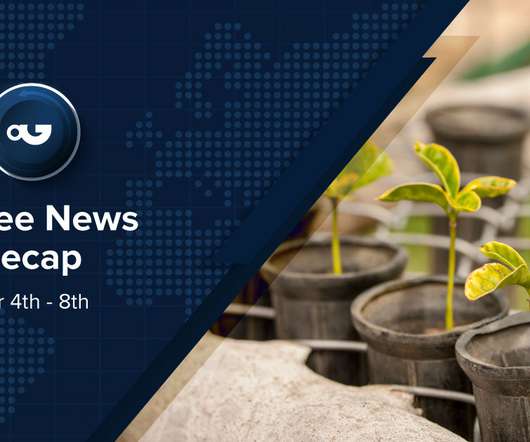
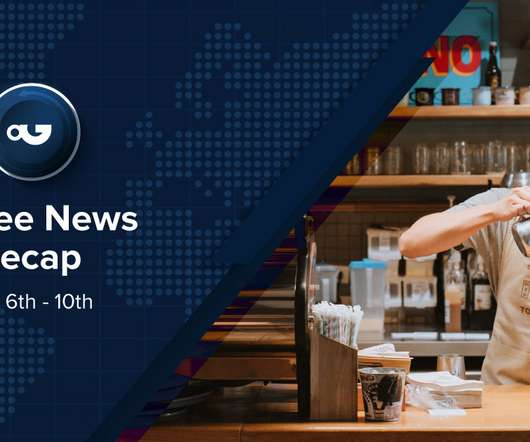




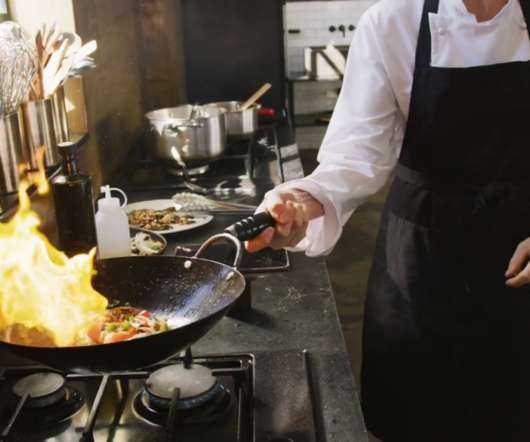
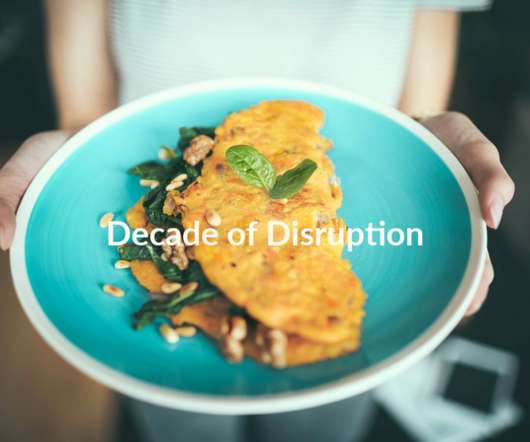
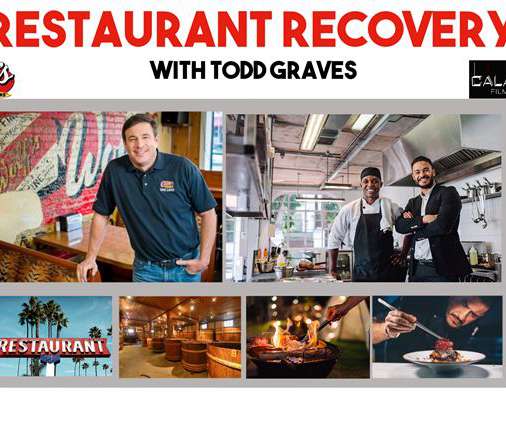









Let's personalize your content